
Ashley P. Taylor
Ashley P. Taylor is a writer based in Brooklyn, New York. As a science writer, she focuses on molecular biology and health, though she enjoys learning about experiments of all kinds. Ashley's work has appeared in Live Science, The New York Times blogs, The Scientist, Yale Medicine and PopularMechanics.com. Ashley studied biology at Oberlin College, worked in several labs and earned a master's degree in science journalism from New York University's Science, Health and Environmental Reporting Program.
Latest articles by Ashley P. Taylor
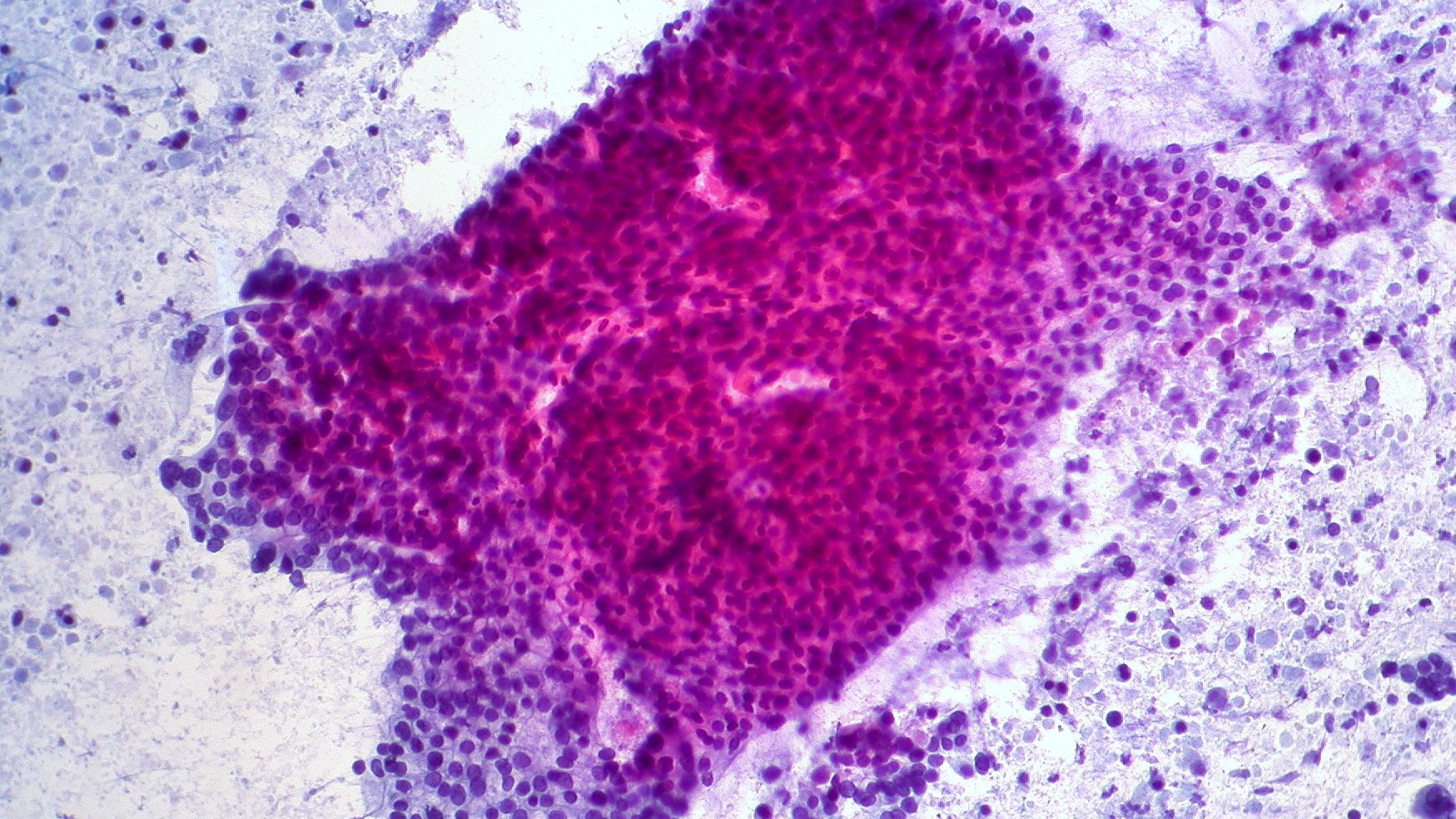
The 10 deadliest cancers, and why there's no cure
By Ashley P. Taylor, Emily Cooke last updated
The deadliest cancers aren't necessarily the ones that kill the most people overall; they're the ones with the lowest survival rates.

How do cats get their spots?
By Ashley P. Taylor published
Scientists have identified some of the involved genes behind cats' spots, but there's still a piece missing.
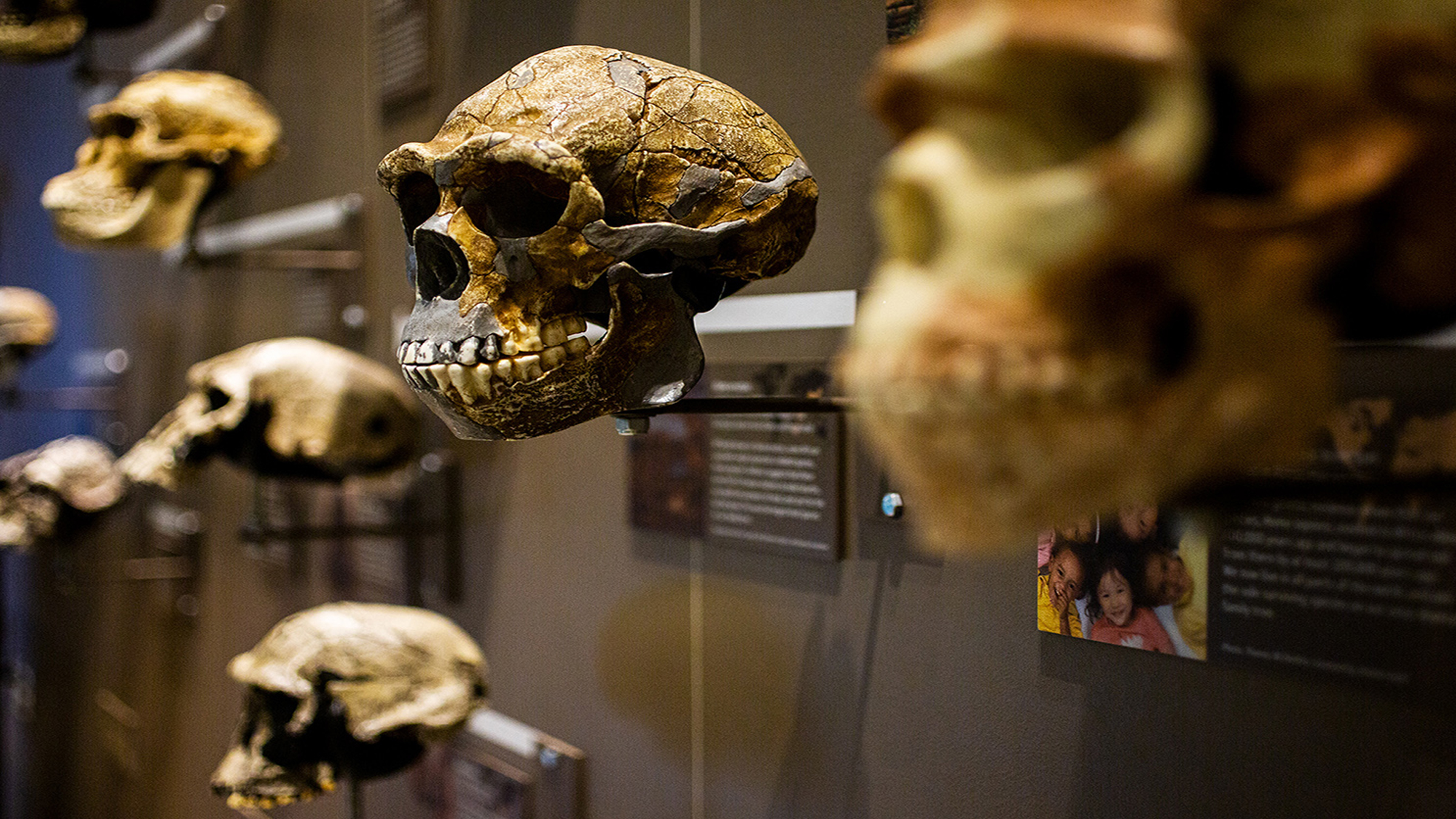
What is Darwin's Theory of Evolution?
By Ker Than, Ashley P. Taylor, Tom Garner last updated
Reference In 1859, Charles Darwin published his ideas that humans and animals change over time. But what is the Theory of Evolution?

Will monkeypox become a pandemic?
By Ashley P. Taylor published
Surprisingly, there is no official definition of a pandemic.
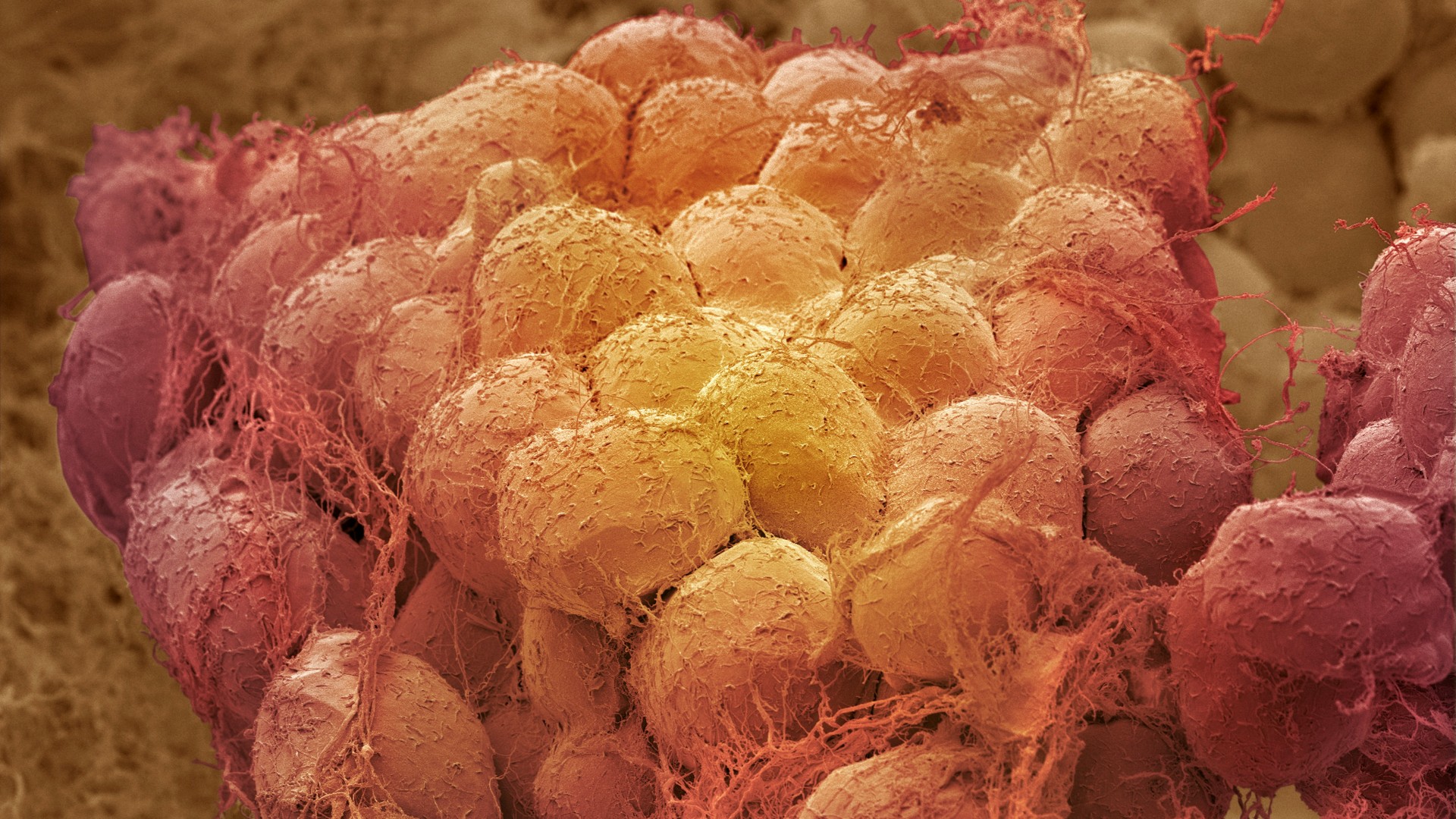
Invisible nerve-cell superhighway allows fat cells to 'talk' to the brain — and it may promote obesity
By Ashley P. Taylor published
In a mouse study, scientists visualized the neurons that let fat communicate with the brain.

Does vitamin D protect against COVID-19?
By Ashley P. Taylor last updated
In the absence of a COVID-19 cure or vaccine, scientists are investigating whether vitamin D can reduce the risk of COVID-19 infection.

Signs of labor: 6 clues baby is on the way
By Cari Nierenberg, Ashley P. Taylor, Ailsa Harvey, Yasmine S. Ali, MD published
Reference Find out how to spot the common signs of labor and discover some things you can do to promote labor
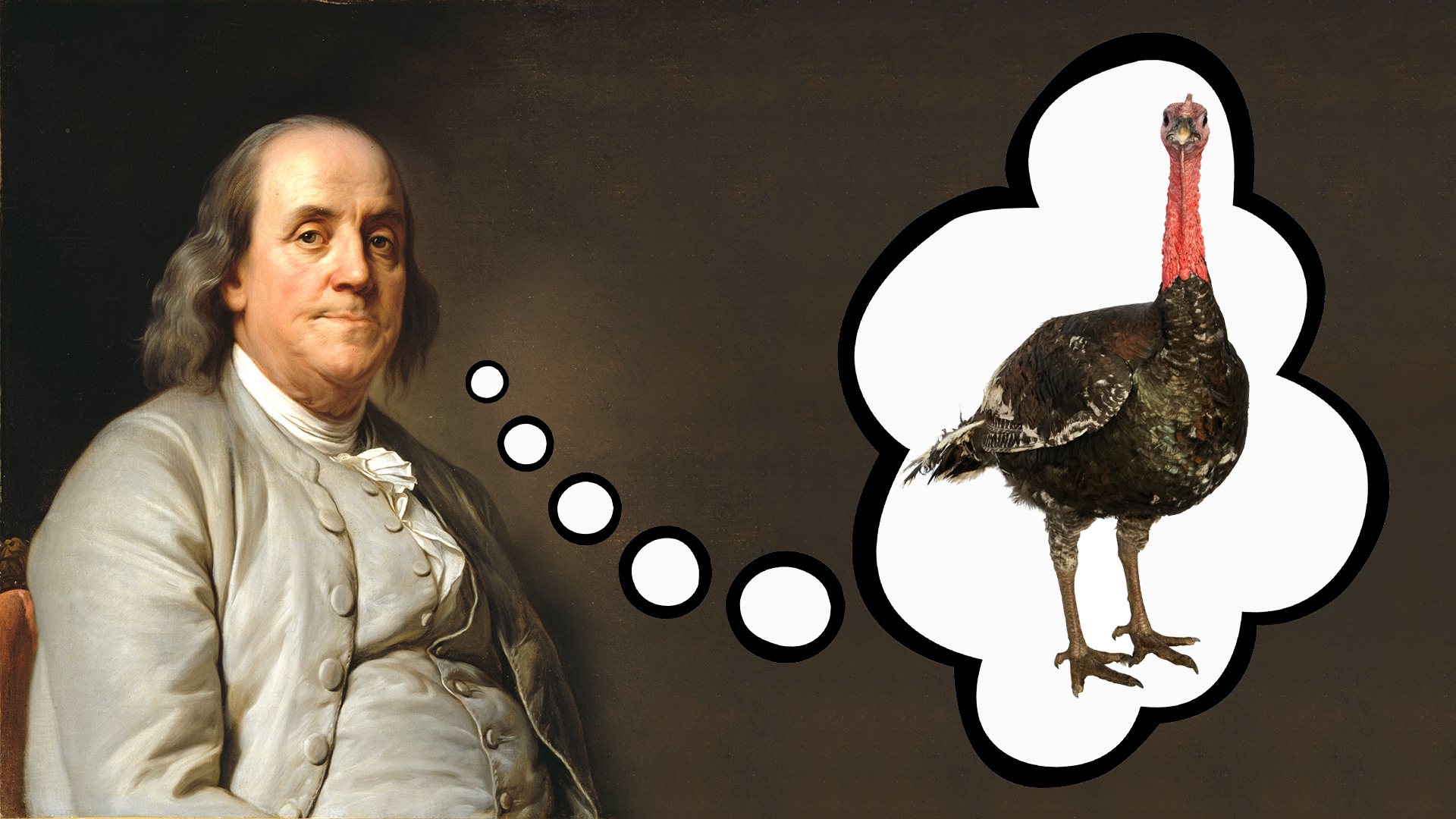
Did Benjamin Franklin really want the turkey to be the US national bird?
By Ashley P. Taylor published
Franklin was being sarcastic. But dig into the story of how the myth arose and it just gets weirder and weirder.

What's the most sunsets you could see on Earth in one day?
By Ashley P. Taylor published
Most people see only one sunset a day. How many more could you catch, if you really tried?

What would happen if the speed of light were much lower?
By Ashley P. Taylor published
Here's what would happen if the speed of light were orders of magnitude slower.

What chronic fatigue syndrome can teach us about 'long COVID'
By Ashley P. Taylor published
Existing knowledge about ME/CFS might be able to help some long COVID patients, and vice versa.

What is postpartum depression?
By Ashley P. Taylor published
Many parents experience postpartum depression. Here's what it looks like and how it can be treated.

Should 12-year-olds get the COVID-19 vaccine?
By Ashley P. Taylor published
The benefits of vaccinating young people against COVID-19 outweigh the risks, experts say.

Laughing gas may treat depression, small study suggests
By Ashley P. Taylor published
As many as one in three cases of depression are resistant to standard treatments. Could laughing gas be an alternative?
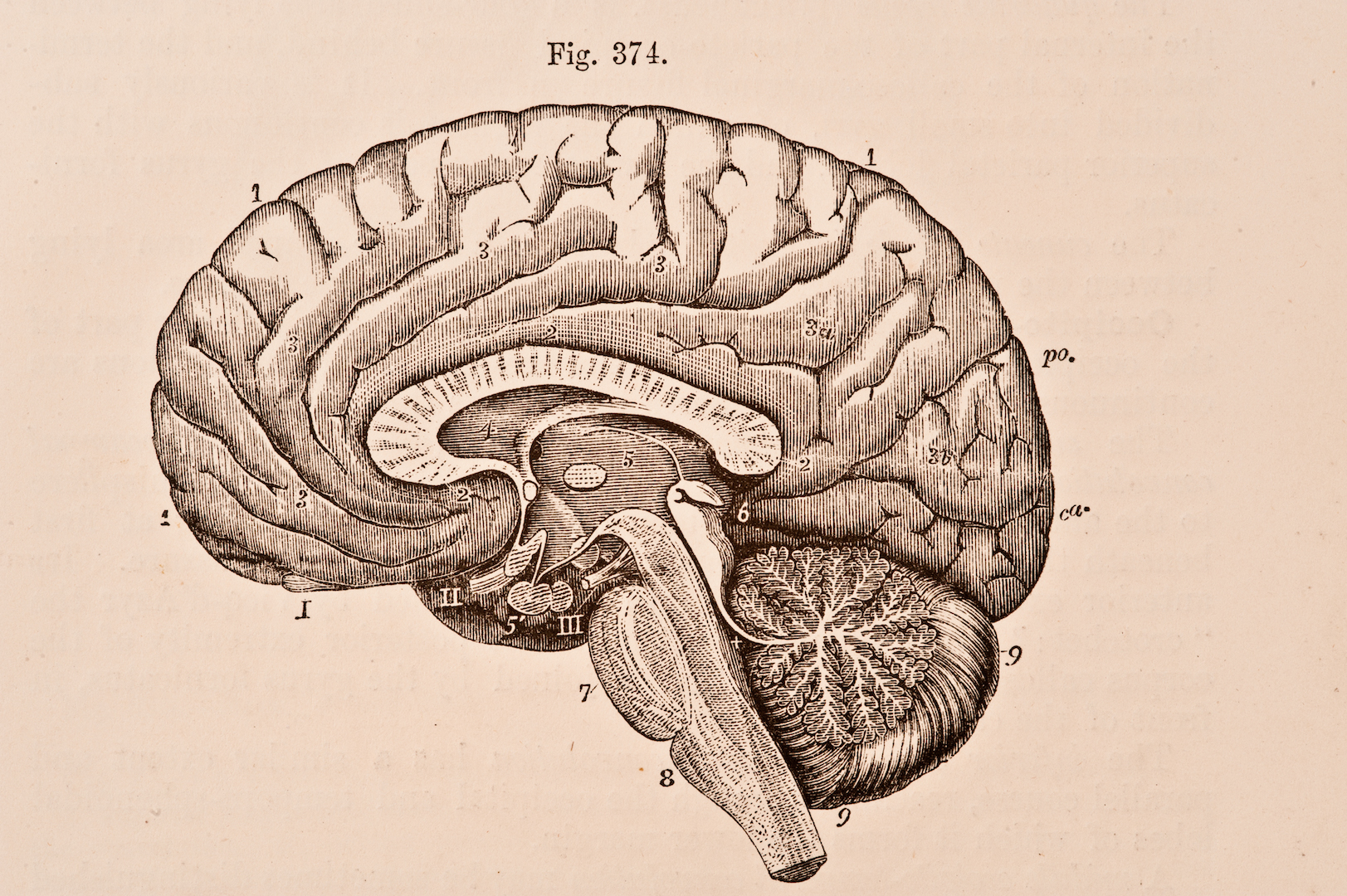
Human brain: Facts, functions & anatomy
By Tanya Lewis, Ashley P. Taylor published
The human brain is the command center for the human nervous system.

Tooth sensitivity: Causes and remedies
By Ashley P. Taylor, Jessie Szalay published
Tooth sensitivity is a common dental problem that involves discomfort or pain in teeth when encountering certain substances and temperatures.

Do other animals get heart attacks?
By Ashley P. Taylor published
Humans may be heart-attack-prone because of a mutation that keeps us from making a particular sugar molecule.
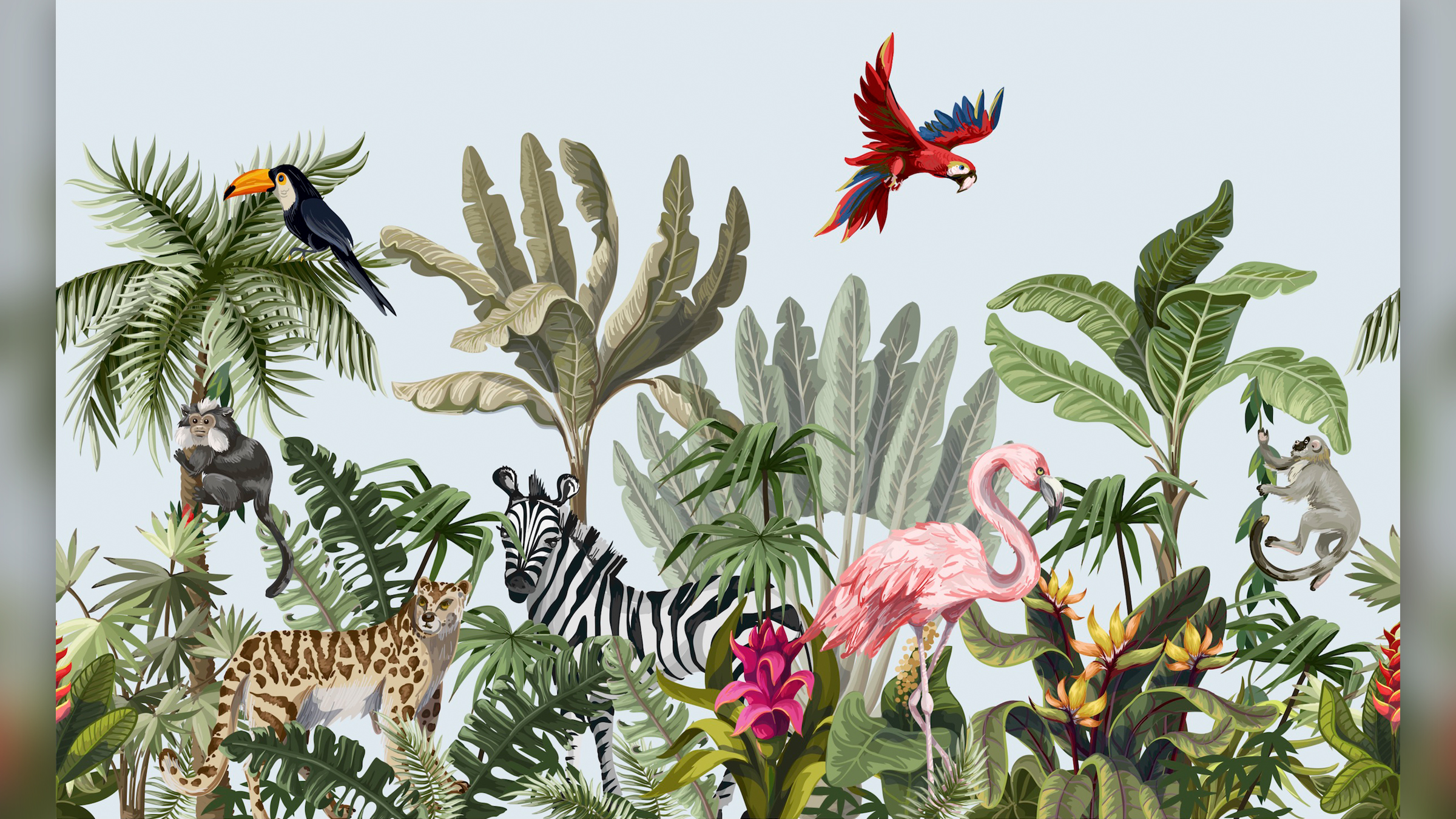
What is the most genetically diverse species?
By Ashley P. Taylor published
Genetic diversity helps organisms adapt to environmental changes.
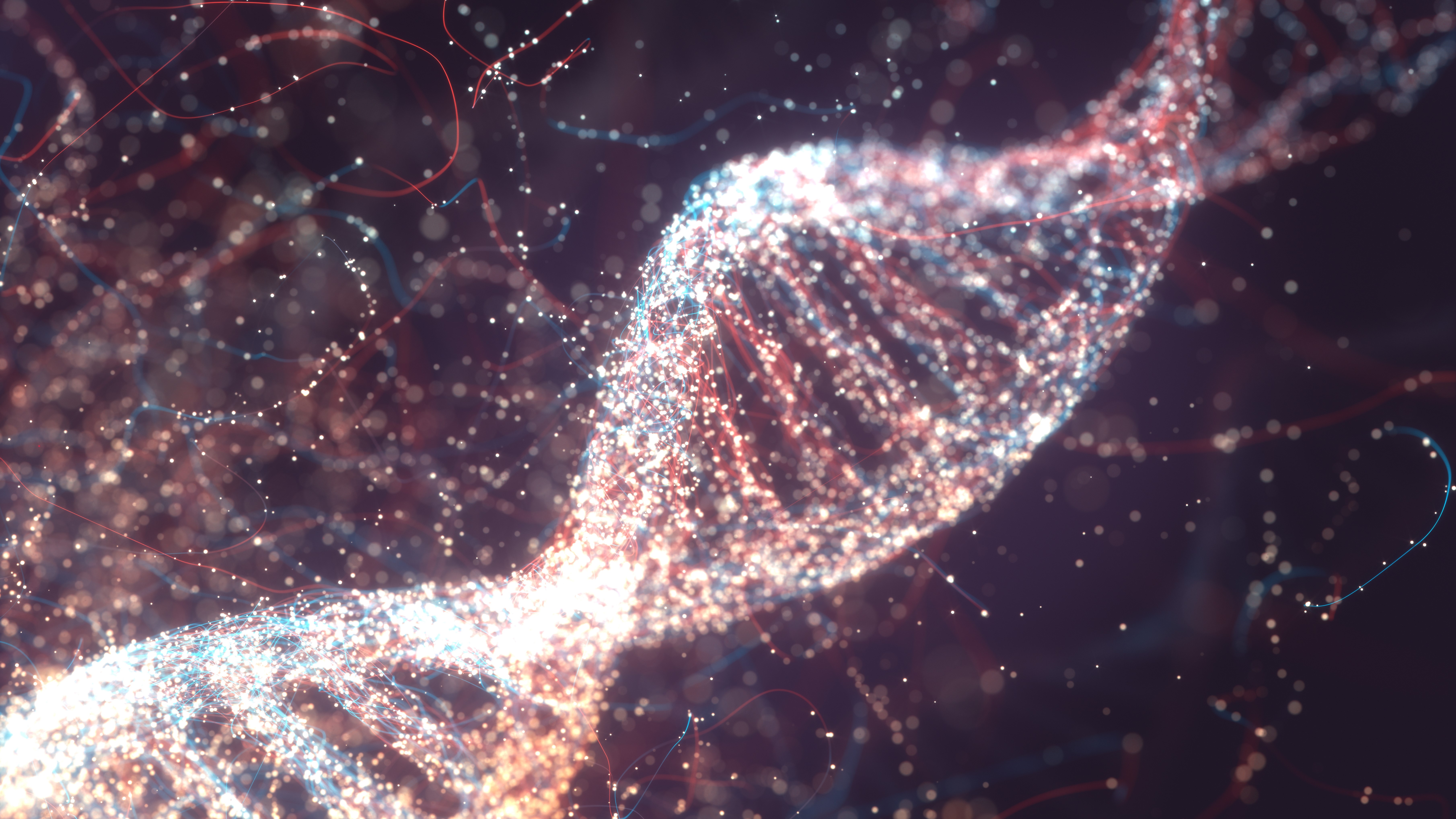
Researchers can now collect and sequence DNA from the air
By Ashley P. Taylor published
For the first time, researchers have collected animal DNA from mere air samples.

Chemical found in 1,000 processed foods may harm the immune system
By Ashley P. Taylor published
The food preservative is found in Pop-Tarts, Cheez-Its and many other processed foods.
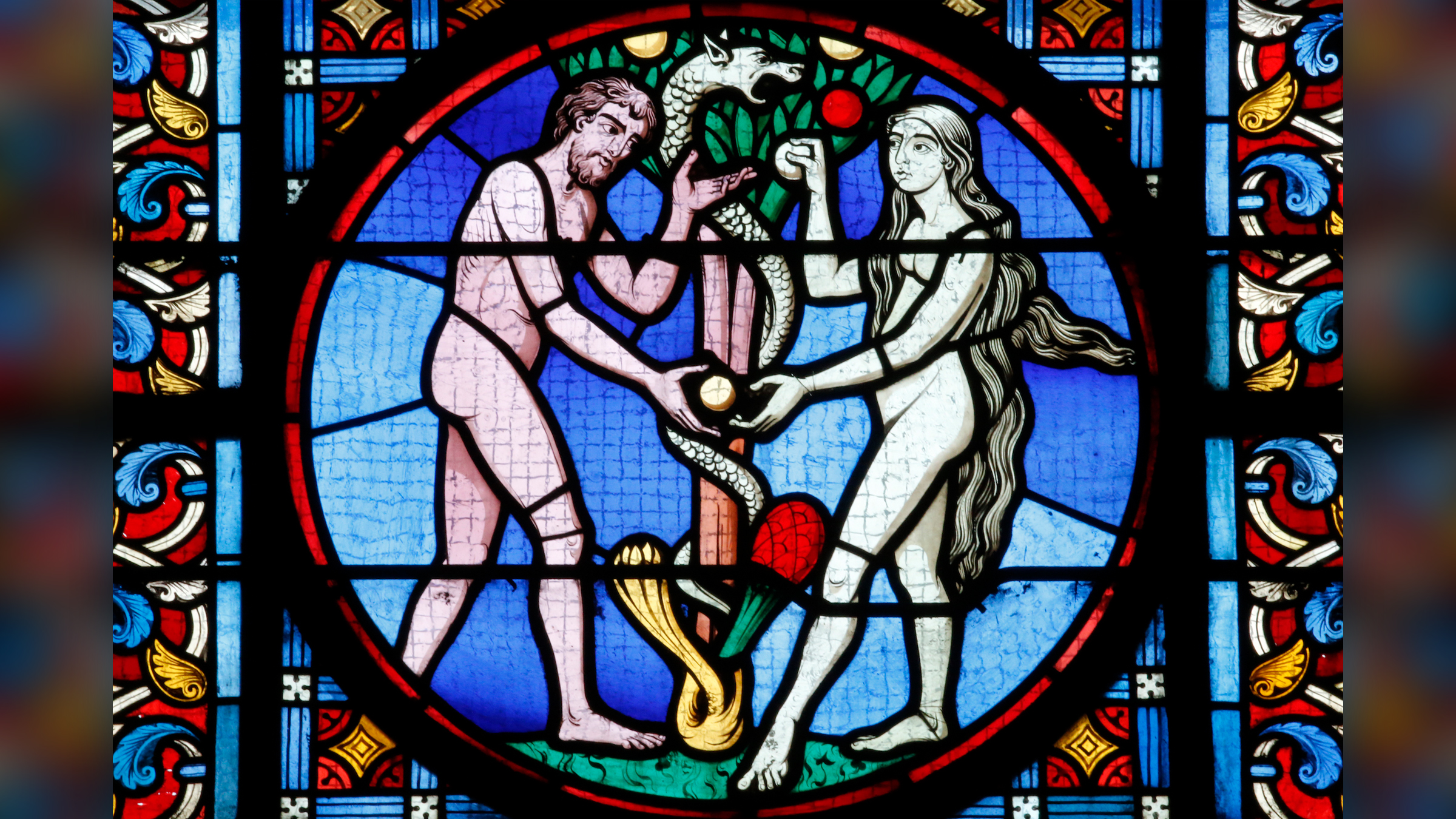
Was the 'forbidden fruit' in the Garden of Eden really an apple?
By Ashley P. Taylor published
It could have been a fig, grapes, citron, a pomegranate or even wheat.
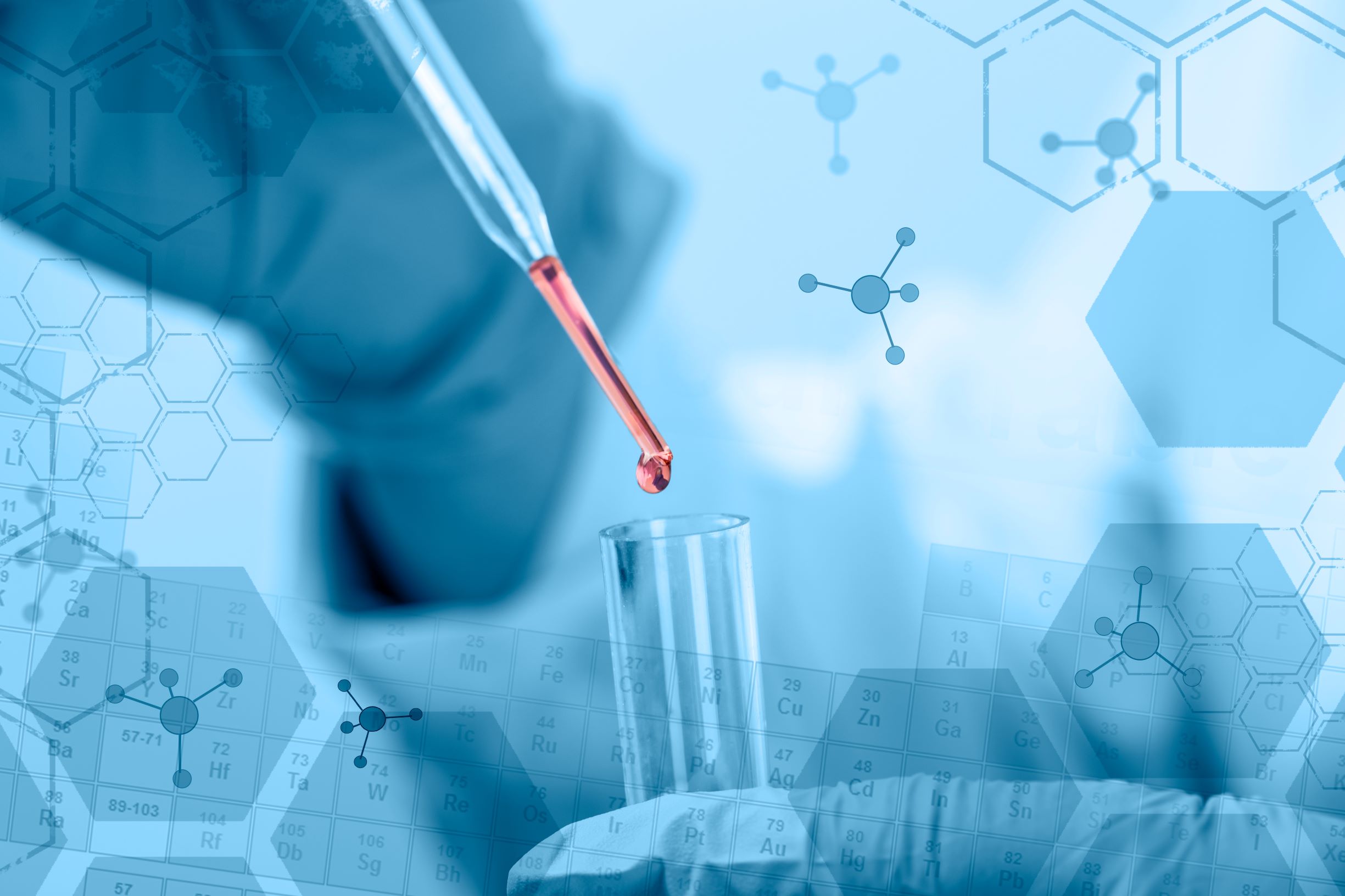
More than 50 new environmental chemicals detected in people
By Ashley P. Taylor published
The vast majority of these chemicals are mysterious compounds with unknown sources.
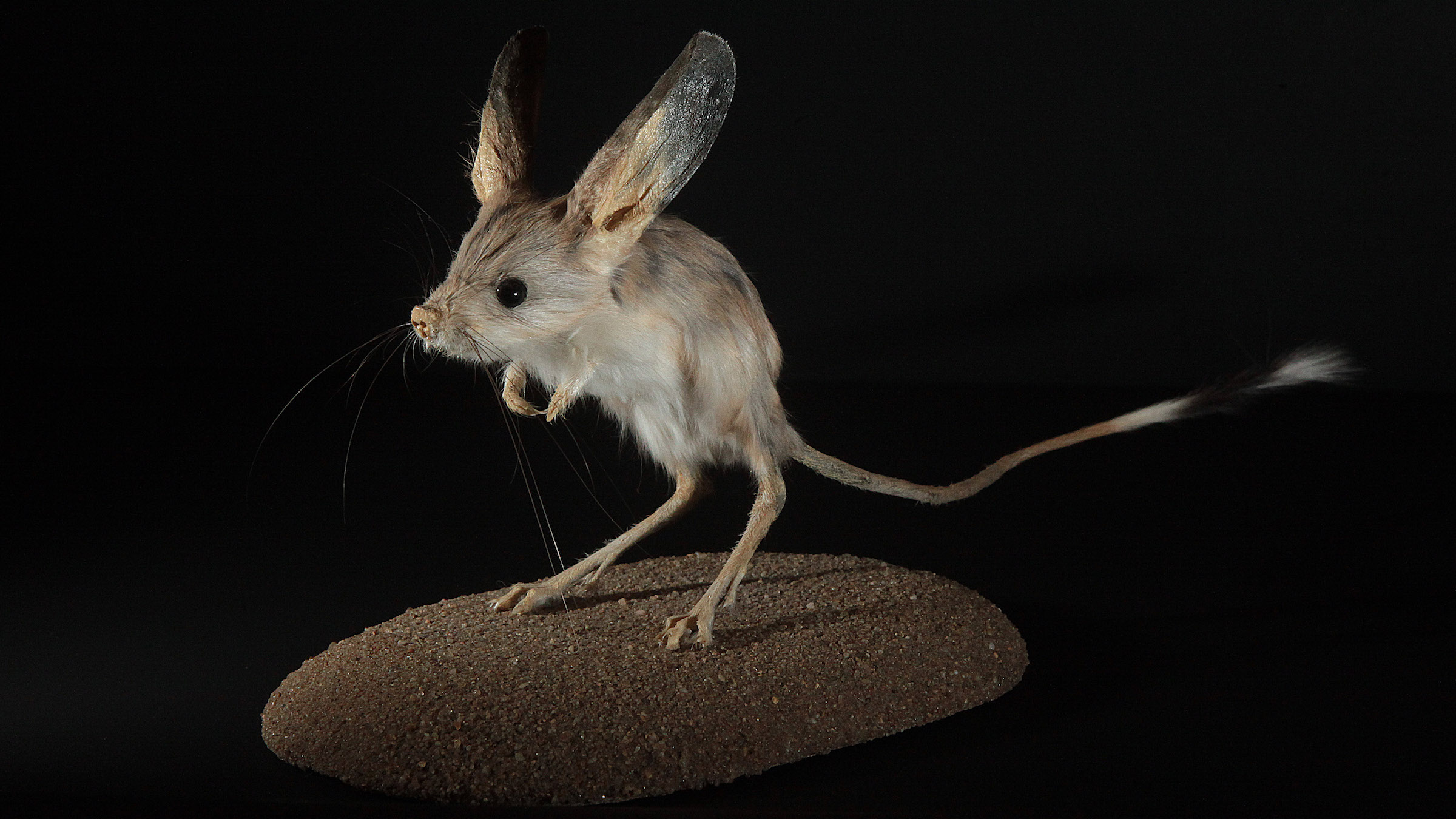
Which animal has the largest ears?
By Ashley P. Taylor published
The animal with the largest ears relative to body size is actually quite tiny.
Sign up for the Live Science daily newsletter now
Get the world’s most fascinating discoveries delivered straight to your inbox.


